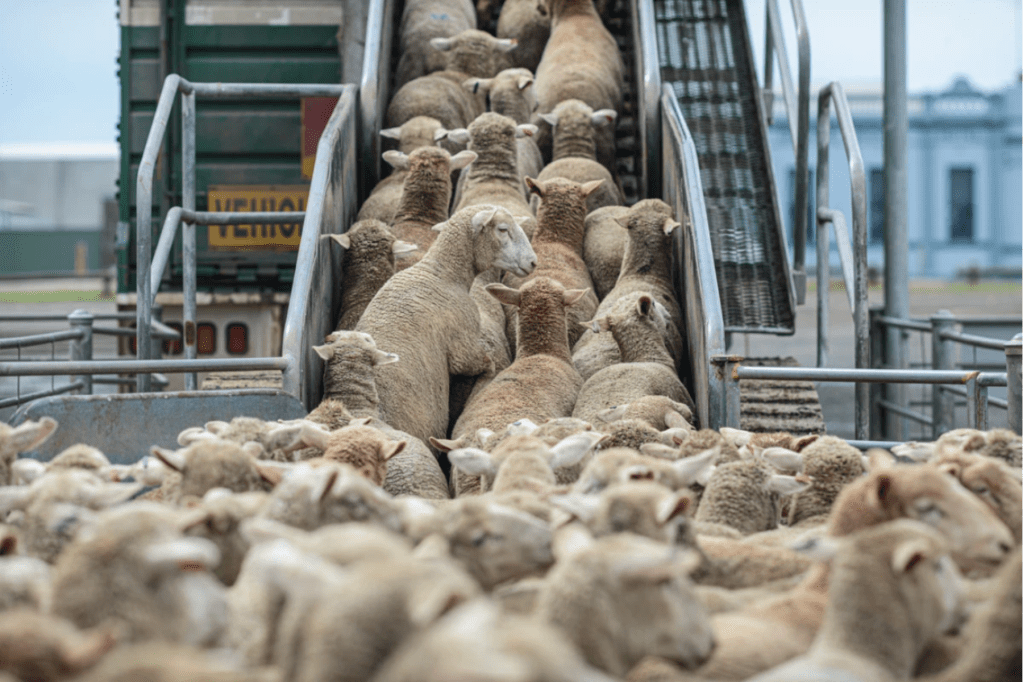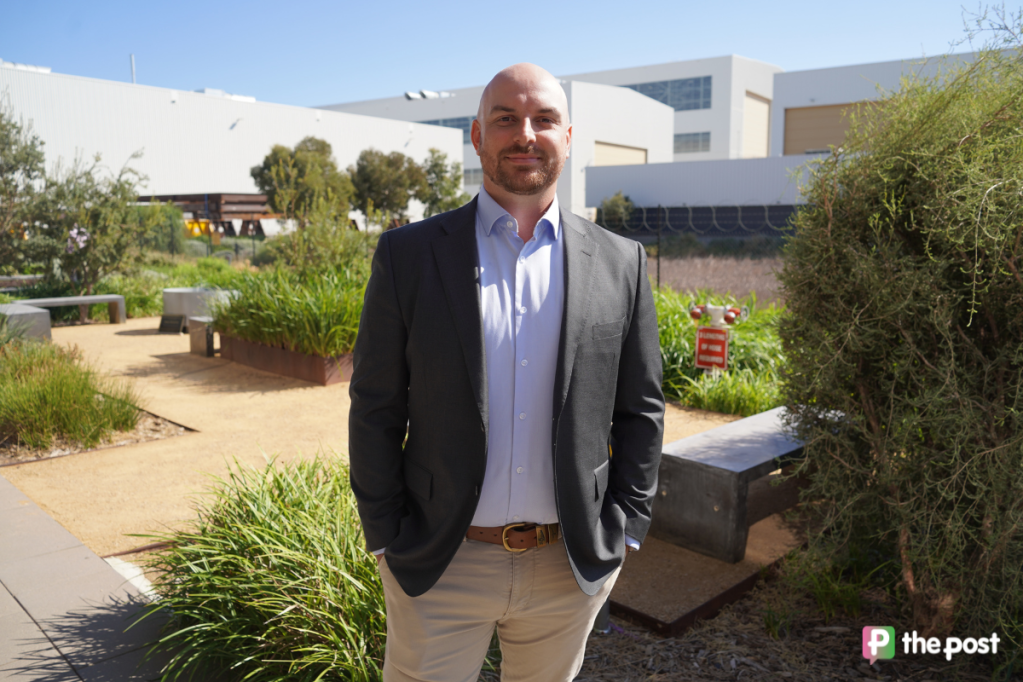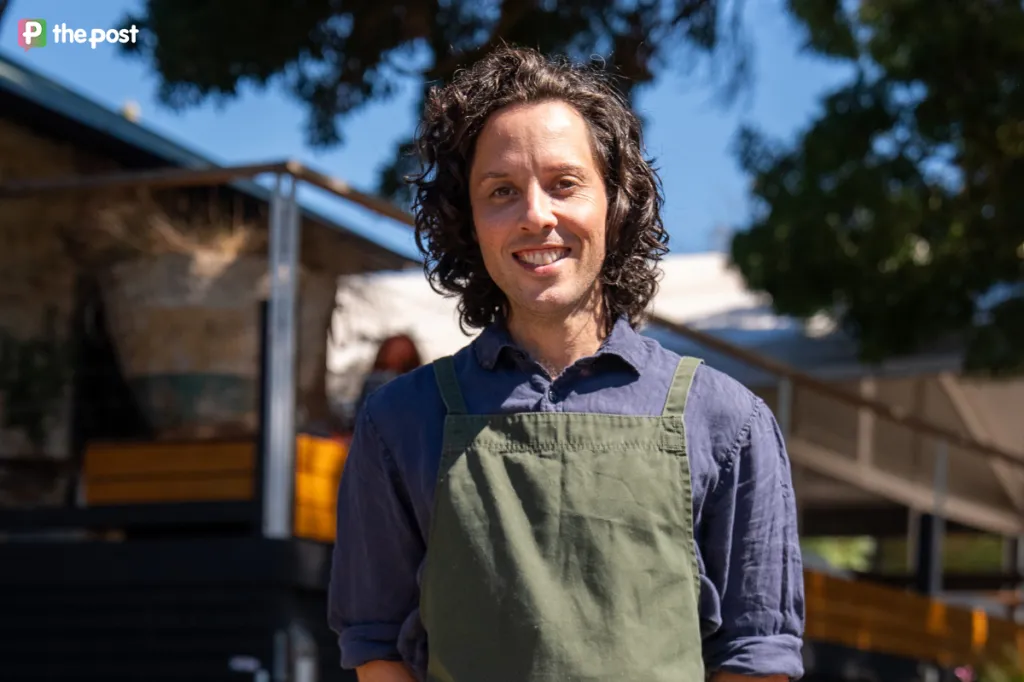Live sheep export plan riles SA grain sector
Grain Producers SA has blasted the federal government’s “tone deaf” plan to wind down live sheep export by sea by 2028, saying it will hit livestock and grain producers alike.

Federal Agriculture Minister Murray Watt announced the plans on May 11, with phase-out legislation set to be introduced during this term of Parliament.
Under the government’s plan, live sheep export by sea can continue until May 2028 without additional restrictions, and other livestock export industries can continue, as will live sheep exports by air.
A $107 million support package was announced for the Australian sheep industry to support the live export wind-down, with Watt saying the money would enable “an orderly and well-planned transition away from the trade”.
“This is a comprehensive package that will assist to strengthen supply chains, develop market opportunities and improve animal welfare,” he said.
“We want to ensure those affected by the phase are well-positioned, resilient and ready when the trade ends in 2028.”
But Grain Producers SA chair John Gladigau said the $107 million package “falls woefully short of addressing the long-term detrimental impacts on the sheep industry and the communities it sustains”.
You might like
“This tone-deaf decision by the Federal Government is going to impact not only the livestock industry but also the grain industry which provides feed,” he said.
“The decision to shut an essential sheep market, renowned for its world-leading animal welfare standards, disregards the crucial role live exports play in providing flexibility to the industry during periods of drought and adjustment.
“We are urging the Government to cease being swayed by selective activist agendas and instead engage constructively with stakeholders who have a vested interest in the prosperity of Australian agriculture,” he said.

GPSA have said the live export ban disregards the impacts of livestock producers across Australia. Photo: Unsplash
Australia’s live sheep export industry has declined from $415 million in 2002-2003 to $77 million in 2022-2023.
Watt said the export ban would support the creation of local jobs, with support available for farmers, truck drivers, shearers and processors while exports are being phased out.
Stay informed, daily
Watt said he understood “some in the community will want to see the trade stopped tomorrow, and others not at all”.
“Our sheepmeat industry is one of the great success stories of our agricultural sector,” he said.
“Processing sheep here in Australia adds value locally, support increased farm gate returns and creates local jobs.
“As a government we have taken the time to get this right. This approach strikes the right balance, based on extensive industry and community consultation.”
An independent panel met with over 2000 people from March to October 2023, and received over 4100 submissions regarding the restriction.
Gladigau called for more collaboration with the sheep industry, saying “just as the Biosecurity Protection Levy, this policy is deeply flawed and indicative of the Federal Government’s failure to comprehend the needs of the livestock and broader agriculture industries”.
Of the $107 million package, $64.6 million will go towards sheep producers and the supply chain, including supporting community wellbeing activities and rural financial counsellors.
There will be $27 million to enhance demand in Australia and internationally for sheep products, to fund market analyses, consumer studies, promotions and the building of business relationships.
There will be $2.6 million towards the improvement of sheep welfare standards, with $1.7 million to the appointment of a transition advocate to facilitate communication between industry and government.
The final $11.1 million will go towards implementing the phase out and facilitating ongoing engagement with industry, communities, trading partners and other stakeholders.








